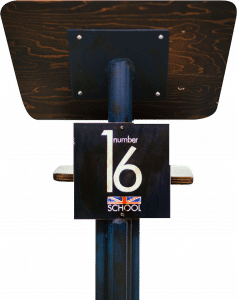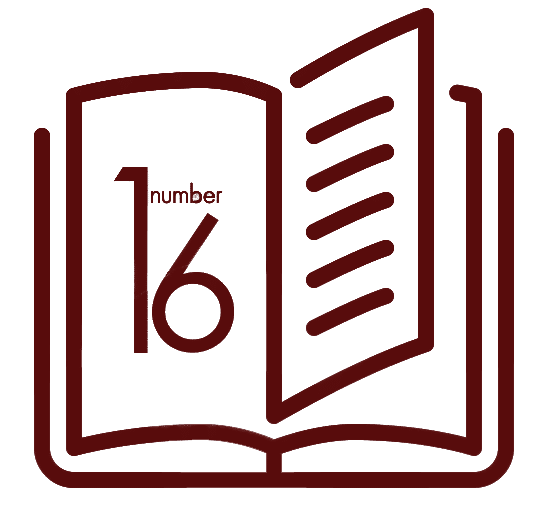Hi again students! ¿Cuántas veces habéis querido contar lo que decía alguien, pero empleando otras palabras diferentes? ¿No lo habéis hecho por qué os resultaba difícil? No way! En el post de hoy os vamos a mostrar que se puede lograr de forma natural y muy sencilla gracias al estilo indirecto en inglés. ¿Quieres saber más? Leeet’s go! 🙌

¿Qué es el Reported Speech?
El Reported Speech o estilo indirecto en inglés, se emplea para contar lo que ha dicho una persona sin emplear las palabras exactas pronunciadas por esa misma persona.
Ejemplo:
- Lucia: “The journalist interrupted me”
- Reported Speech: Lucia said that the journalist had interrupted her
¿Cómo se forma el estilo indirecto en inglés?
Para formar el Reported Speech es necesario cambiar algunos tiempos verbales por otros. ¡Te contamos cuales!
⚠ Recuerda esto:
Present simple → Past simple
- Molly: “I feel happy on Fridays”
- Reported Speech: Molly said that she felt happy on Fridays
Present continuous → Past continuous
- Austin: “I’m working hard”
- Reported Speech: Austin said that he was working hard
Past simple → Past perfect
- Tommy: “I ate in Bob Dollar’s restaurant on Monday”
- Reported Speech: Tommy said that he had eaten in Bob Dollar’s restaurant on Monday
Present perfect → Past perfect
- Peter: “I’ve caught up with three of my best friends in the last week”
- Reported Speech: Tommy said that he had caught up with three of his best friends in the last week.
Past perfect → Past perfect (No change)
¡OJO! 👀 Si la frase se encuentra en past perfect, ¡no cambia! En ese caso, no es necesario que cambiemos el tiempo verbal.
- Austin: “I didn’t eat anything for dessert, because I had already eaten three bowls of ice-cream earlier that day”
- Reported Speech: Austin said that he hadn’t eaten anything for breakfast, because he had already eaten three bowls of ice-cream earlier that day.

Let’s practice!
¿Qué ha dicho cada persona? 🤔 Utiliza el Rported Speech y cuéntanoslo. Acuérdate de cambiar los tiempos verbales si lo consideras necesario. Puede que tengas que cambiar otras palabras o pronombres personales también. (Ej. Me → His/Her):
- Austin: I’d never voted before last year. It was the first time I voted”
_________________________________________________________________
- Ruby: “I don’t think that political parties usually tell the truth”
_________________________________________________________________
- Marcus: “My aunt’s favourite newspaper’s never written anything accurate"
_________________________________________________________________
- Jack: “I’ve forgiven Tommy for forgetting my birthday”
_________________________________________________________________
- Ravi: “I’ve always been afraid of ghosts”
_________________________________________________________________
¿Qué tal ha ido el ejercicio? Bueno, todo consiste en practicar diariamente y no perder el ritmo. Si queréis seguir aprendiendo lecciones tan interesantes como el estilo indirecto en inglés, a través de tu pantalla, nuestro curso de inglés online es ideal para vosotros. ¡Y hasta aquí por hoy! 👋
See you very soon! 💙
Correct answers 👇
- Austin: I’d never voted before last year. It was the first time I voted” (Past perfect – No change)
- Ruby said that she didn’t think that political parties usually tell the truth
- Marcus said that her aunt’s favourite newspaper’s had never written anything accurate.
- Jack said that he had forgiven Tommy for forgetting his birthday
- Ravi said that she had always been afraid of ghosts
¿Por qué te bloqueas al hablar inglés? Soluciones psicológicas para superarlo
Si te quedas en blanco al hablar inglés, descubre estrategias psicológicas para ganar confianza.
False Friends en inglés: Las palabras que parecen pero no son
Descubre las palabras en inglés que parecen tener un significado pero realmente significan otra cosa.
Los 20 Phrasal Verbs que necesitas para hablar como un nativo
Aprende los Phrasal Verbs más usados en inglés y cómo incorporarlos a tu conversación diaria.




